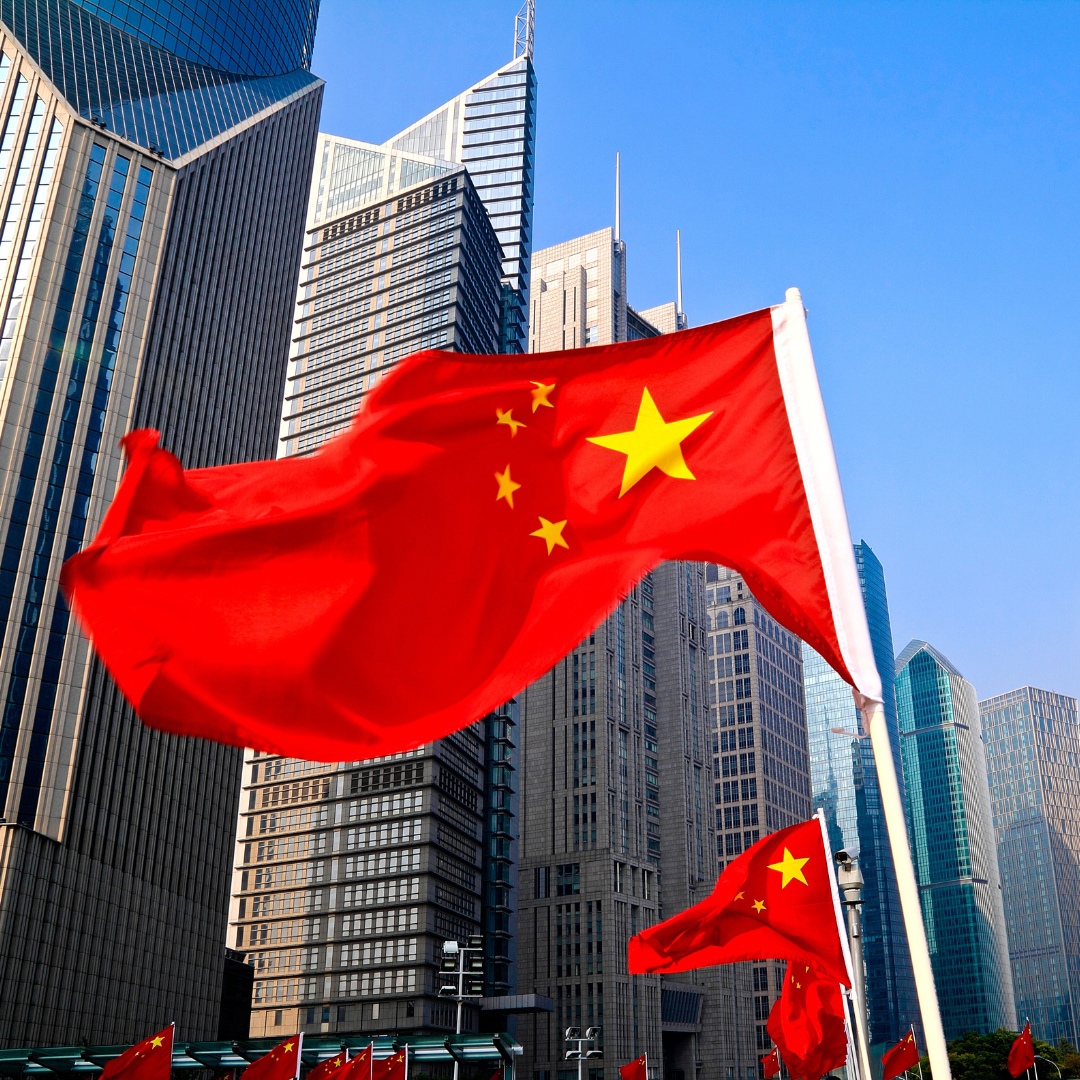
Chinese startups no longer hide their origin
Chinese startups no longer hide their origin
For many years, Chinese technology companies practiced a strategy known as “China shedding.” Deliberate concealment of their origin in foreign markets amid growing geopolitical tension. However, recent trends indicate a significant transformation of this approach. The success of the DeepSeek startup in the field of artificial intelligence has become a catalyst for rethinking the positioning of Chinese technology companies in the global arena.
Jesse Wu, founder of a Beijing-based video content generation startup, openly declares the Chinese origin of her company, noting, I quote. “DeepSeek has shown us that as long as our product is competitive, we shouldn’t worry about being a Chinese company.” Her position reflects a broader shift in the strategic thinking of technology entrepreneurs from the Middle Kingdom.
And the modern strategy of Chinese technology startups is taking on a more nuanced character. Companies actively use the competitive advantages of their origin — access to engineering talent and lower production costs. While simultaneously adapting to foreign markets by hiring foreign specialists and strictly complying with local regulatory requirements.
Jia Zijian, who launched the TalkMe language application last year, notes, I quote. “DeepSeek improves the image of Chinese technology startups. I am convinced that foreign companies are unlikely to be able to compete with the level of innovation that we create with such cost efficiency.”
Other Chinese applications, such as ReelShort and HeyGen, have even relocated their operations and personnel to California. While simultaneously not hiding their Chinese origin.
And this results in a dualism of strategies for Chinese companies. On one hand, they openly acknowledge their national identity. On the other — they apply specific adaptation mechanisms like “Singapore-washing” and relocation of operations to the USA). Such ambivalence may indicate the formation of a multi-level system of technological interaction. Where companies are forced to balance between national identity and global integration.
